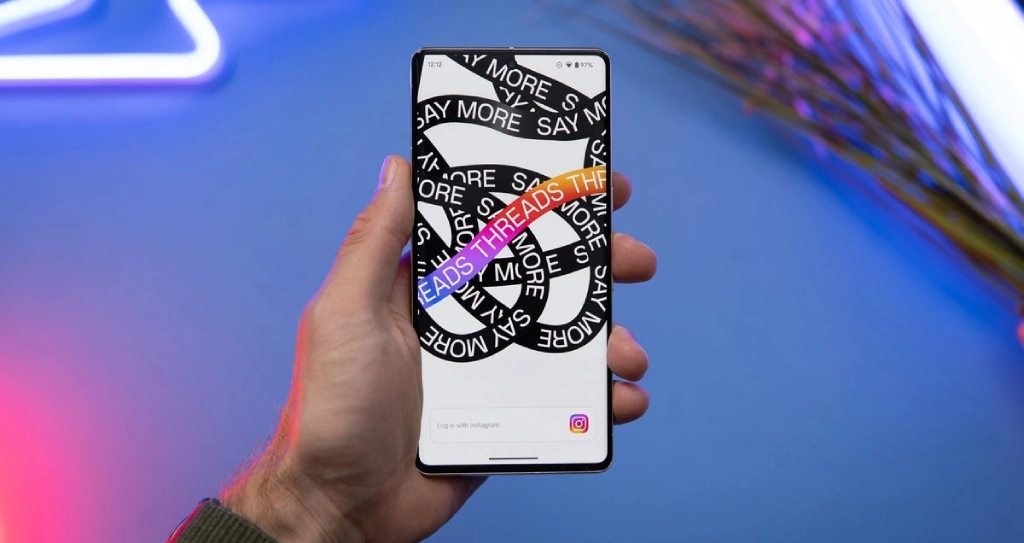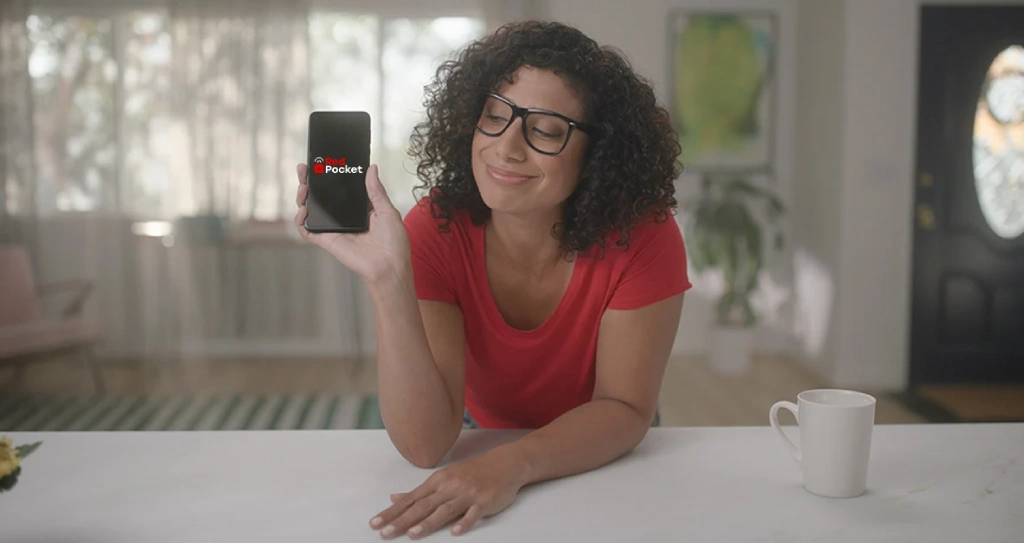Instagram Threads introduced direct messaging (DMs) earlier this week, which the company claimed was its most-requested feature to date. The firm is also dealing with some user criticism, too, as users—mostly women—are claiming that there ought to be a method to completely opt out of direct messages due to concerns about harassment.
Some Threads users were grateful that direct messages were not an option before, even though they are a feature of other social networks that are comparable to Threads, such as X, Bluesky, Mastodon, and others.
“I would prefer not to get direct messages. How can I turn this off? On behalf of all women, I ask,” a Threads user wrote on the social media site.
“Great. Another said, “More avenues for women to be harassed online.”
A third person added, “Well done on including a function that only stalkers were interested in.”
Adam Mosseri, the head of Instagram, posted the statement regarding direct messages on Threads, to which many others responded. Some of these users stated in dozens of posts that “nobody asked for this” or that they did not want direct messages. According to a survey with hundreds of responses, a majority of Threads users said they would have preferred not to have a direct message feature. Many people inquired as to whether the feature could be disabled. (There isn’t.)
Some are concerned about inboxes being overrun with spam, bots, and other unwanted outreach, while others are worried about harassment.
The present design of the system requires you to follow a person before they may DM you. You can remove that person’s access to your inbox by unfollowing them if they annoy you. (Blocking the user is a more drastic choice that also blocks them on Instagram.)
It may be argued that people who are angry about the feature’s inclusion are more likely to have voiced their opinions online, much to how customers typically leave negative reviews of companies on Yelp and Google Maps but not their favorable experiences.
However, there might be merit to the complaints. Adding new features after the culture has been established might cause disruption as a social media site expands. Some people’s preferences for using Threads change when a non-public means of interaction is introduced. Meanwhile, users feel powerless because they do not have any control over the experience, such as an opt-out option.
Meta may have felt that by tying DMs to followers, it was giving users a way to decide who could reach them more privately. But what the company failed to understand is that on a public social network like Threads, users may find themselves following people whose posts and opinions they want to read, but who, as strangers, they’d rather keep their distance from.





Leave feedback about this